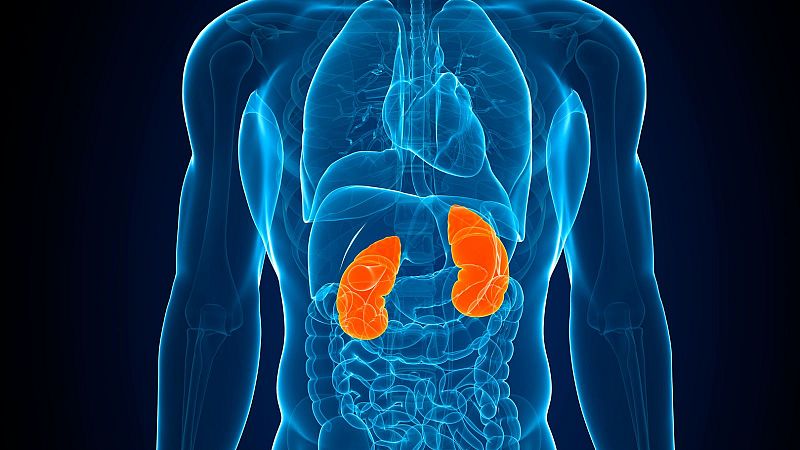Exposure to 'forever chemicals' linked to gut health and kidney damage in young adults, study finds

A study has found that exposure to per- and polyfluoroalkyl substances (PFAS), often called “forever chemicals,” may be linked to gut microbiome dysregulation, which could lead to kidney damage in young adults.
PFAS are a large group of synthetic chemicals widely used in everyday products such as furniture, food packaging, and non-stick cookware. They have even been detected in tap water.
They are known as “frover chemicals” due to being persistent in the environment and human bodies, and because they take an extremely long time to break down.
“Nearly everyone has PFAS in their blood, and these chemicals are associated with a number of negative health effects. But we don’t have any known interventions to reduce PFAS in the body, so we can’t actually provide recommendations to help,” Dr Hailey Hampson, lead author of the study and postdoctoral fellow at the Keck School of Medicine, said in a statement.
Human exposure to PFAS has been associated with multiple health issues, including liver damage, thyroid disease, obesity, fertility problems, various cancers, and kidney disease, however, research is still ongoing to better understand how these chemicals could lead to these conditions.
Now, a team of researchers has linked changes in the gut microbiome and related metabolites due to PFAS exposure to up to 50 per cent of the decreases in kidney function in young adults.
Building on previous studies that associate kidney damage with both PFAS exposure and gut health issues, the recent study looked into all three factors together for the first time to explore potential links.
How does PFAS exposure lead to kidney damage?
The researchers analysed data from a small cohort of 78 young adults, aged 17 to 22, who were primarily Hispanic, as this group faces a higher risk of chronic kidney disease.
Initially, they collected blood and stool samples from the participants to measure PFAS levels and analyse gut microbiome composition and circulating metabolites. Four years later, the researchers assessed the participants' kidney function.
They found that the individuals with higher PFAS exposure had significantly worse kidney function over time.
The researchers then linked these effects to reductions in anti-inflammatory metabolites and the bacteria that produce them, as well as increases in inflammatory ones in those with higher PFAS exposure.
The findings were published in the journal Science of the Total Environment.
Despite limitations, such as the small sample size, the researchers noted that these findings could offer early insights into ways to protect against PFAS-induced kidney damage.
“Our findings are an important piece of the puzzle about the many different health risks of PFAS, which can provide policymakers with information that helps them develop policies to protect the public from exposure to these chemicals,” Dr Jesse Goodrich, senior author of the study, said in a statement.

